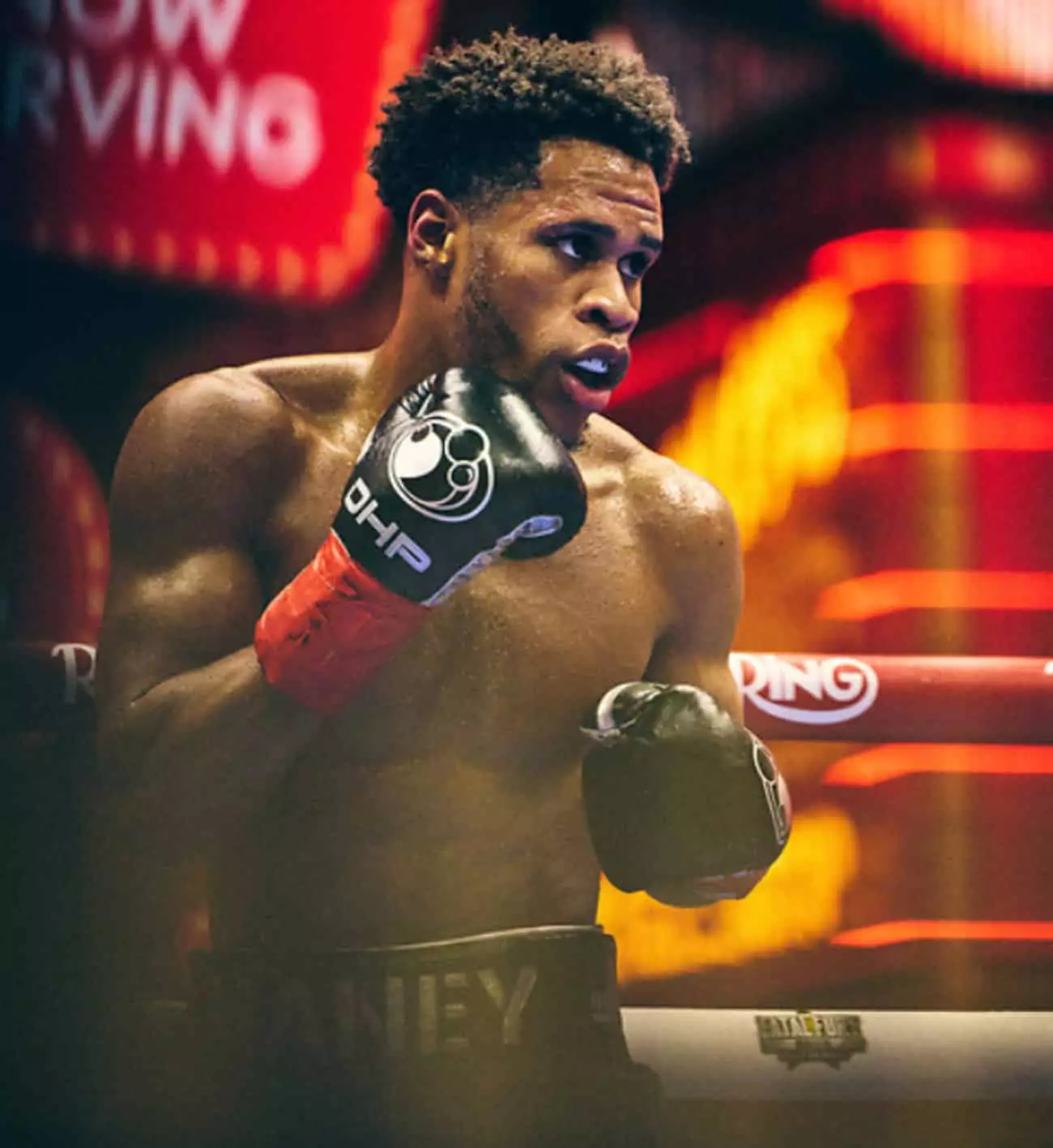Caleb Plant has recently vocalized his support for Devin Haney’s much-maligned performance against Jose Ramirez, offering a perspective that draws criticism for its lack of introspection. Plant’s argument suggests that Haney’s approach during their bout was instituted as part of a calculated game plan rather than a lack of engagement. This interpretation appears to miss an essential quality that boxing fans and analysts value most: the expectation of entertainment and competitive spirit, particularly when large sums of money are on the line.
In Plant’s commentary, he emphasizes that Haney’s strategy to avoid confrontation was borne out of discipline and methodology, which he believes played in favor of Haney’s victory over Ramirez. While it is undeniably taxing to maintain a defensive stance for twelve rounds, the essence of boxing lies not only in winning but also in doing so in a manner that excites the audience. It raises an important question: should successful navigation of a fight’s technicalities completely overshadow the need for a fight to be engaging?
A Fight to Forget: The Criticism of Haney’s Style
Critics have pointed out that Haney fought as though he was terrified, masking his vulnerabilities by opting to evade rather than engage. This cowardly route — or as Plant might refer to it, “smart boxing” — showcases a larger issue within the sport: too often, the artistry and the thrill of warfare are traded for safety and assured, yet bland, victories. It’s easy to attribute discomfort with Haney’s style to the criticisms of fans clamoring for a more visceral experience, yet it cannot be ignored that these same supporters pay to witness a spectacle.
Plant appears to downplay Haney’s responsibility for making the fight competitive, stating that this burden fell squarely on Ramirez. While Ramirez certainly had opportunities to be more proactive, expecting only one fighter to instigate action in the ring is misguided. A truly engaging match requires contributions from both sides, and it cannot be denied that Haney’s counter-productive strategy was central to the lack of excitement, limiting the bout to a long sequence of tentative jabs and evasive maneuvers.
Discipline versus Entertainment: A Fork in the Road
Plant defends the rigorous physical and mental discipline that Haney exhibited during the bout, yet this focus on endurance can be a double-edged sword. The essence of boxing becomes clouded when fighters prioritize self-preservation over showmanship. Plant’s notion that moving for twelve rounds equates to skill and game planning overlooks the crucial ingredient that creates fireworks: ambition. When aspiring champions prepare for pivotal bouts, particularly when millions are at stake, the expectation isn’t just that they come out on top; they must also leave a lasting impression.
Though Plant places the onus on Ramirez to chase Haney down, fans are left disenchanted when they behold a champion moving and hiding rather than standing his ground and taking risks. There’s a fine balance that must be struck; genuinely successful boxers know the worth of both solid defense and the willingness to engage.
The Parallels Between Plant and Haney
Both Caleb Plant and Devin Haney share similar approaches to their fighting styles; restrained aggression that occasionally fails to tantalize audiences. While Plant’s recent foray into defending Haney seems steeped in camaraderie, it also reflects a deeper issue: self-preservation over defining moments. The core of Plant’s argument could be seen as an indictment of his fight philosophy, rendering him unable or unwilling to critique Haney without facing scrutiny himself.
The question arises — if Plant believes that a fighter’s job is to win and that entertainment should take a backseat, does this not merely normalize a culture of mediocrity? Winning within the sweet science requires flair, risk, and the ability to captivate the crowd. Great fighters commit to exhilarating exchanges that embed their legacies into the fabric of the sport, and to suggest otherwise is to invite an era of robotic performances that ultimately rob boxing of its soul.
Redefining Success in Boxing
The conversation surrounding Haney’s performance urges a reevaluation of current standards in boxing, where the distinction between winning and being entertaining grows ever more crucial. Caleb Plant’s defense of Haney may arise from loyalty, yet the implications of such rationale echo deeply within the sport and its evolution. Can today’s fighters find ways to win that inspire and invigorate, or will they forever be shackled by a philosophy that prioritizes safety over celebratory victories?
In a sport that thrives on physical competition and emotional investment, standardizing a lackadaisical defensive style undermines not only the intended thrill of each bout but also the future engagement of fans. The path forward demands a return to the essence of boxing — a complete dedication to not only winning but doing so with style, poise, and, above all, entertainment. Only then can a fighter truly lay claim to the title of champion.


Leave a Reply